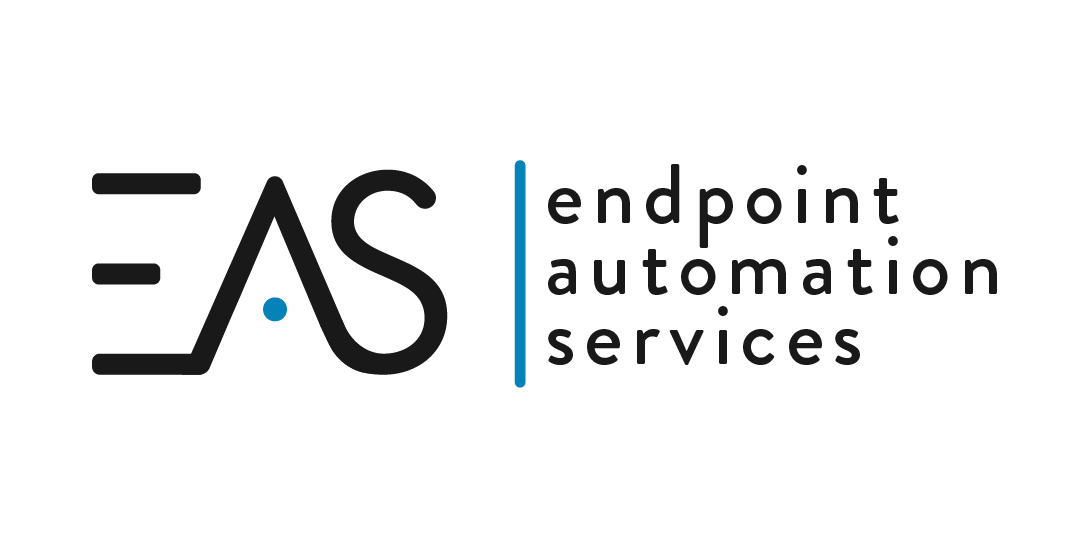

About
The Overview
EAS Support Centre is our specialised team that provides comprehensive support and expertise for all of our clients. It serves as a centralised hub for knowledge, guidance, and assistance to resolve any automation issues quickly and efficiently.
Standard 9-to-5 Service
During regular working hours, the Support Centre offers first, second, and third line support options.
First Line Support
This is the initial point of contact for users seeking assistance. The first line support team handles basic inquiries, resolves common issues, and provides guidance. They offer self-help resources and troubleshoot known problems using predefined procedures.
Second Line Support
If an issue is complex or beyond the expertise of the first line support team, it is escalated to the second line support. This team comprises specialized experts who possess in-depth knowledge and experience in the specific area. They provide more advanced troubleshooting, diagnose and resolve complex technical problems, and offer workarounds or solutions.
Third Line Support
For issues that remain unresolved by the second line support team, they are escalated to the third line support. This team consists of highly skilled professionals with advanced technical expertise. They handle intricate and rare issues, perform detailed root cause analysis, and develop comprehensive solutions. The third line support team may also collaborate with software vendors or external partners for specialized assistance.
Out-of-Hours Service
The Support Centre understands that issues can arise outside of regular working hours and provides support during these times.
Reactive Service
For critical issues or emergencies outside of standard working hours, an on-call support team is available. They provide immediate assistance, troubleshoot urgent problems, and ensure business continuity during non-business hours. The reactive service aims to swiftly resolve issues that require immediate attention.




Proactive Service
In addition to reactive support, the Support Centre offers proactive services. This involves continuous monitoring and proactive problem identification to mitigate potential issues before they cause significant disruptions. The team conducts regular system health checks, performance monitoring, and preventive maintenance tasks. They analyse trends, identify patterns, and take proactive measures to optimize systems, enhance stability, and improve overall performance.
By providing a combination of reactive and proactive services, the Support Centre ensures that users receive timely and efficient assistance whenever they need it. The multi-tiered support approach (first, second, and third line) allows for effective problem resolution, as issues are appropriately escalated and handled by the right level of expertise. The inclusion of proactive services helps minimize potential issues, enhances system reliability, and maximizes the organization's productivity and performance.
Clients' Testimonials
There was a certain level of relief that the introduction of the new system and robot would release the immunisation team from the time-consuming and mundane task of inputting the vast amount of patient data. “There were concerns about how their roles may change so it was important for them to understand how the technology’s introduction will relieve pressure and allow them to focus on other work for the team.” “For those continuing to work with the immunisation programme, we needed to identify where any skills gaps exist. With the RPA transfer via CSV files there would be increased need to understand aspects of Excel, so we put in place training during the implementation phases to make sure things ran smoother during the ‘go live’
We identified during the development of the bot that Ellucian updates had the potential to have an impact on how the bot interacts with the platform. By working with our IT Services team, EAS was able to adapt the way the bot shares data so that when the platform is updated the bot requires minimal changes with minimal disruption to workflow. “Having a dedicated EAS project manager has been a major benefit for the project. By working closely with us have come to understand our needs and the result is a bot which has made a significant impact to the admissions department.
EAS helped the University of Sheffield start our automation journey, quickly getting our RPA pilot into production. This has given us the confidence to adopt further processes across the department.
Our recent experiences meant considering seriously whether there could be a role for a robot in the business. If it could improve efficiencies, those cost savings could be passed on to our consortium members and that feeds straight back as more money for patient care. “As a not-for-profit business we are also a fairly lean organisation so RPA could help to maximise our resources and free staff from the repetitive time-consuming tasks while making their jobs more professionally and personally fulfilling. This could also give us the opportunity to improve and develop the business while enhancing the skills we have with the organisation.
EAS understood what we needed and quickly identified how we could benefit, at a time when the NHS were under enormous pressure. This has quite simply, got NEP into a position where we see RPA as an integral support tool for NEP and it's NHS colleagues.
EAS had the best understanding of our challenges and their previous experience of working with NHS organisations meant they could quickly get to grips with the project. Joining with them was a real turning point.

